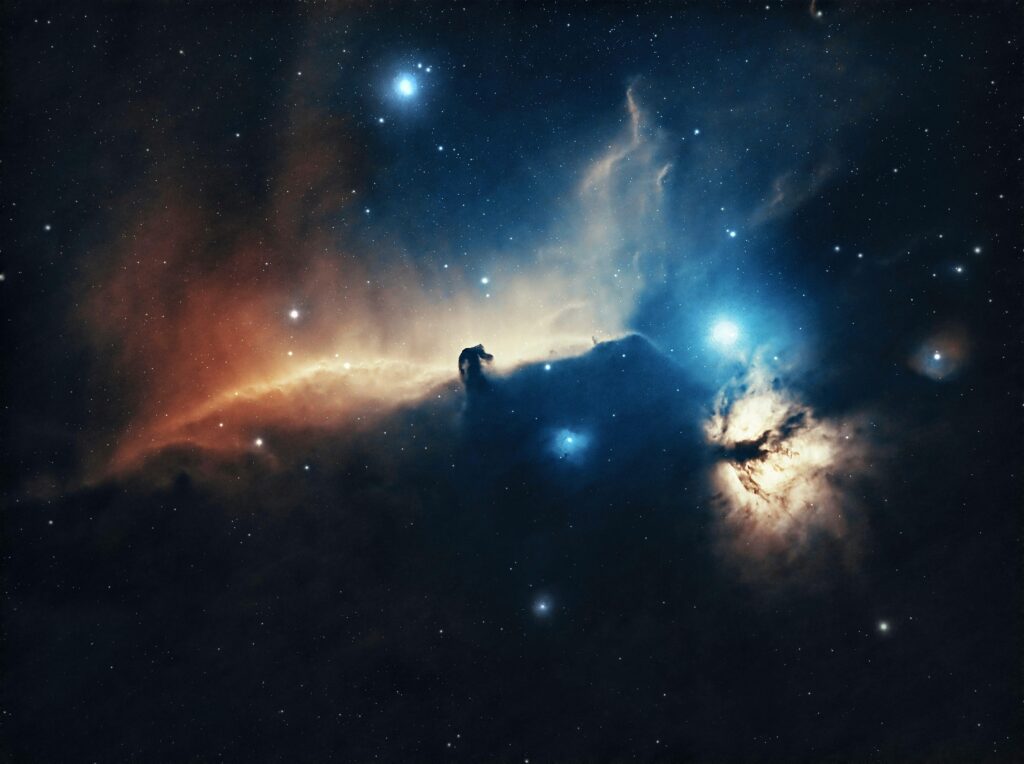Should You Choose Astrophysics or Computational Physics?
Physics is one of the most complex fields. They have many branches. Among these, Astrophysics and Computational Physics is a prominent fields, each with its own unique focus, challenges, and career opportunities. If you want to pursue Astrophysics or Computational Physics. This post is support you understand the differences of Astrophysics or Computational Physics and help you make an informed decision.
Astrophysics or Computational Physics
What is Astrophysics?
A astrophysics is the study of the universe and spiritual bodies. It combines with the principles of physics and astronomy to understand the behavior, big bang theory, rest and motion, and interactions of stars, planets, galaxies, and other celestial phenomena. Astrophysicists work with both theoretical models and experimental data to uncover the mysteries of the cosmos, from the big bang to black holes.
Topics in Astrophysics:

- Cosmology: Study of the origin, structure, and fate of the universe.
- Stellar Evolution: Understanding how stars form, evolve, and end their lives.
- Planetary Science: Study of planets, moons, and other solar system bodies.
- Gravitational Physics: Examining the effects of gravity on large-scale structures like galaxies.
What is Computational Physics?
The international area of computational physics employs computer techniques to resolve challenging physics issues. It entails developing mathematical models
and simulations to investigate physical processes that may be too challenging to examine using conventional theoretical or experimental methods.
Topics in Computational Physics:
- Numerical Methods
- Simulation and Modeling
- Quantum Computing
- Data Analysis
- Comparing
- Astrophysics and
Computational Physics
1.Career Pathways
• Astrophysics: However research and academic roles are the norm for careers in astrophysics, you can also work with space organizations,
observatories, and scientific research institutions. Astrophysicists, research scientists, data analysts, and educators are among the common occupations.
• Computational Physics: Opportunities in fields such as technology, finance, engineering, and even healthcare are available for careers in computational physics. Among the positions are systems analyst, data scientist, software engineer, and computational physicist.
2.Skills Required
• Astrophysics: A solid foundation in mathematical modeling, relativity, quantum mechanics, and classical mechanics is required of astrophysicists. They must also be capable of solving problems and have a curiosity about the cosmos.
• Computational Physics: In addition to having a thorough understanding of numerical techniques, algorithms, and mathematical models, computational
physicists require excellent programming abilities in languages like Python, C++, and Fortran.
3.Research and Exploration
• Astrophysics: If you have a strong interest in discovering the secrets of the cosmos, astronomy is a fascinating chance to find the answers to important queries concerning time, space, and the nature of reality.
• Computational Physics: This field enables you to use computational methods to a wide range of physical problems, which is ideal if you like employing technology and processing power to solve problems.
Which Field Should You Choose?
Your hobbies, strong points, and professional objectives will determine whether you choose computational physics or astrophysics. Astrophysics can be the ideal career choice for you if you have a strong fascination with space and the cosmos and are motivated to unravel the secrets of astronomical events. Computational physics, on the other hand, might be a better fit if you like working with computers, simulations, and data and want to use your knowledge to address practical issues in a range
of industries.
Conclusion

Career paths in computational
physics and astrophysics are both distinctive and fulfilling. While
computational physics enables you to solve complicated issues with cutting-edge
computing techniques, astrophysics offers the chance to investigate the
universe’s deepest mysteries. In the end, the best decision is determined by
your enthusiasm for the field, your aptitude, and the type of influence you
hope to make in the scientific and technological community.
How to learn Astro physics
Make a strong foundation on Physics.
Update and research on physics news
Take Online Courses or Degrees
Practice with Observations

